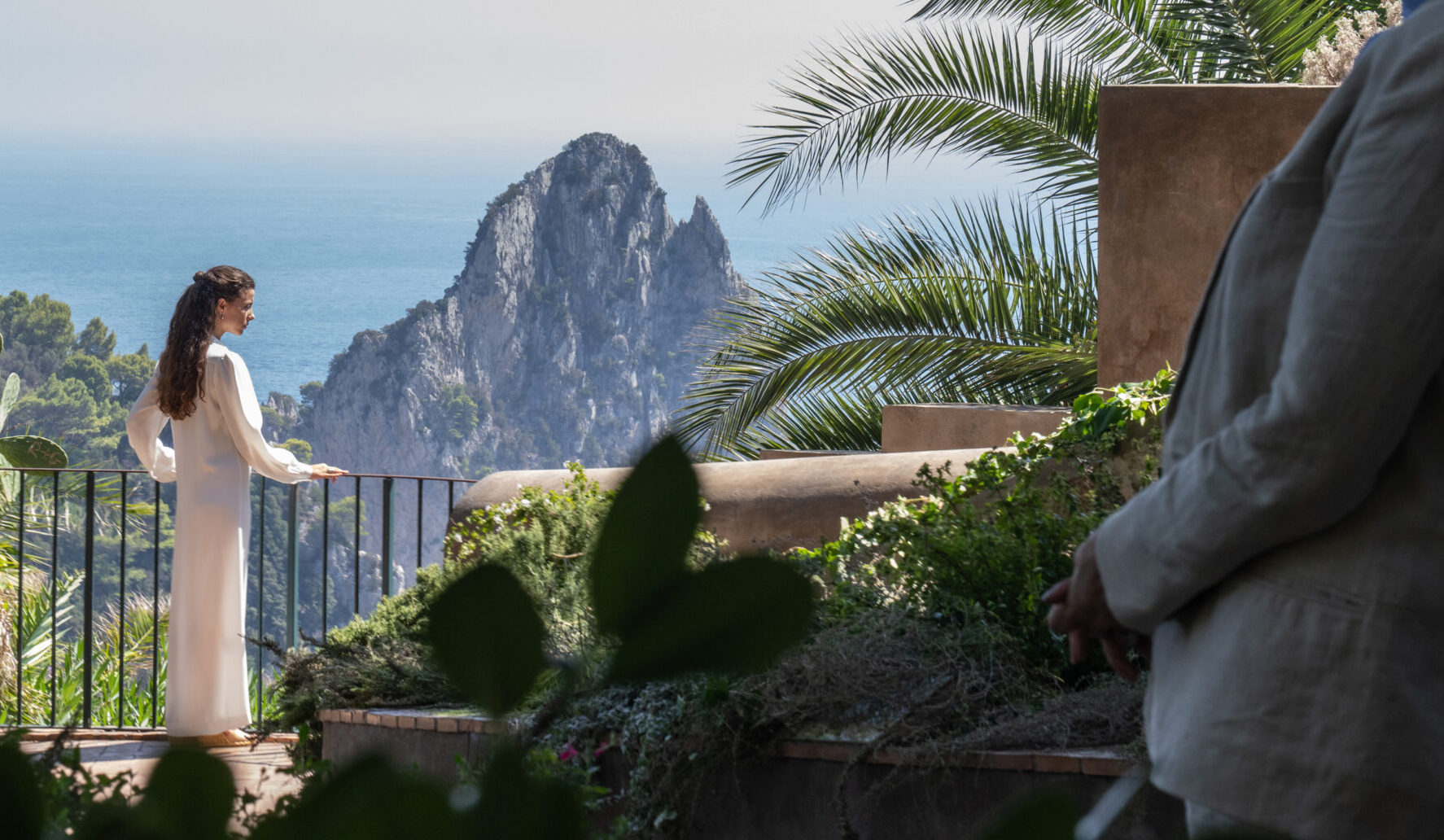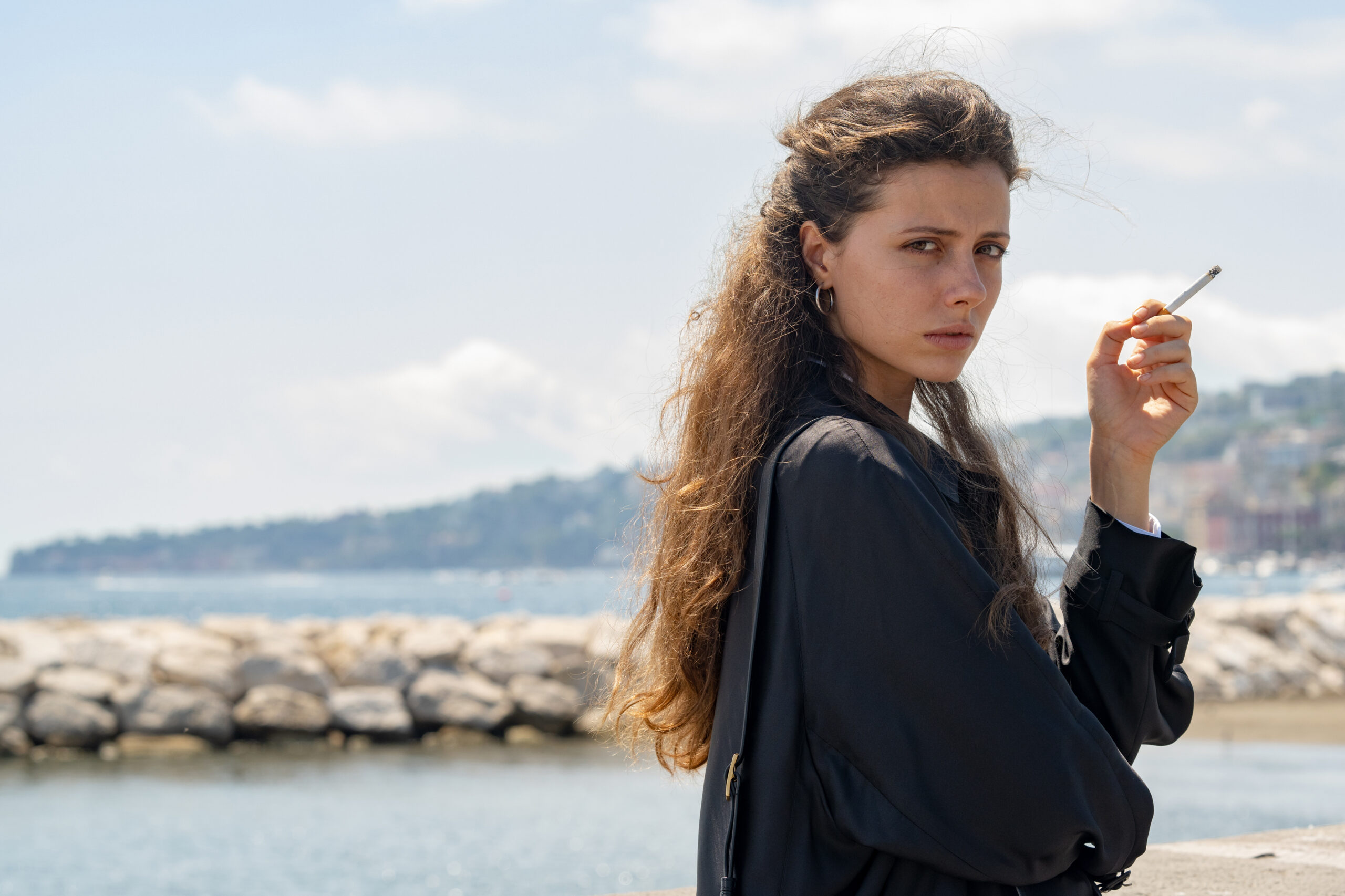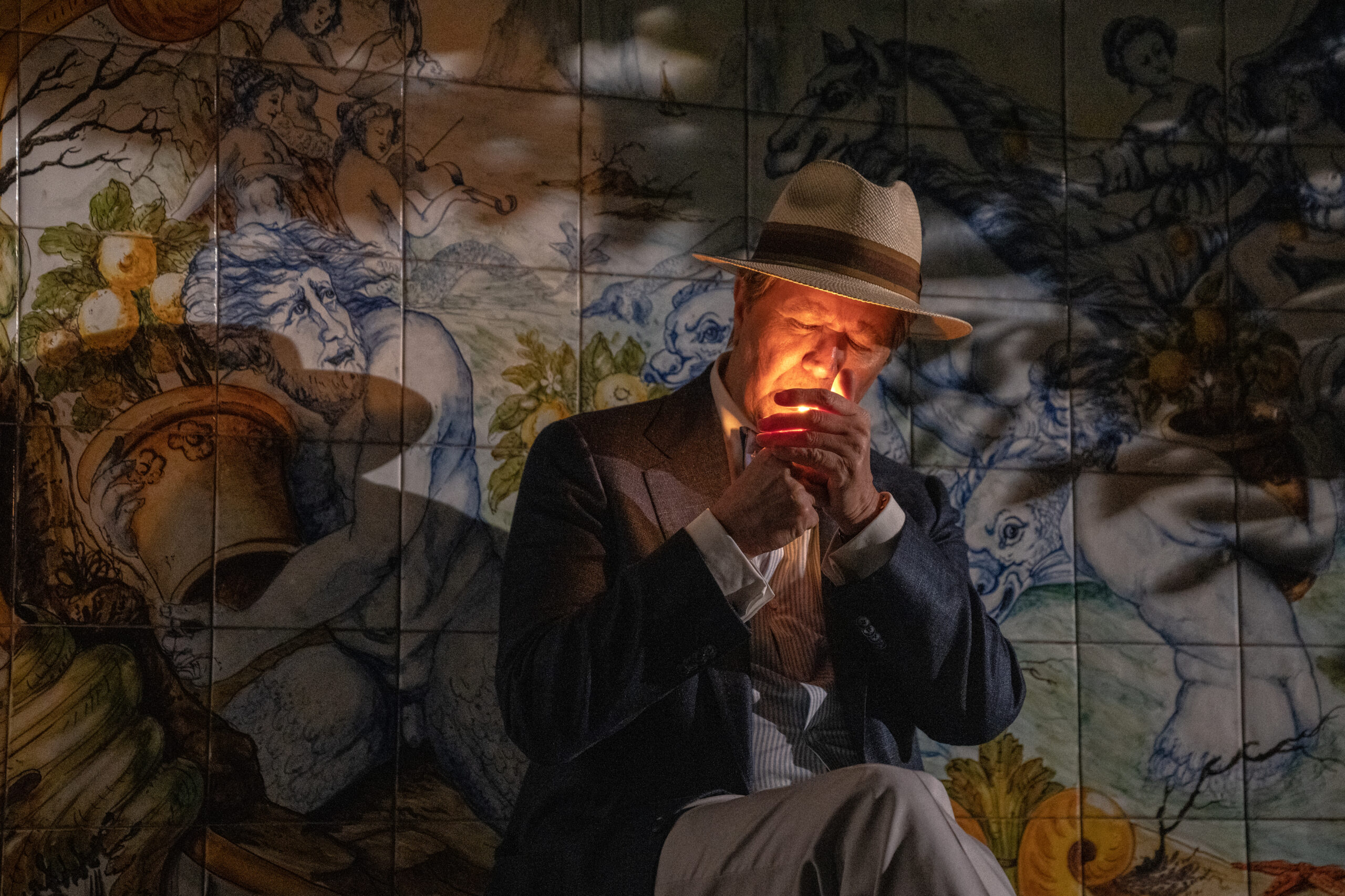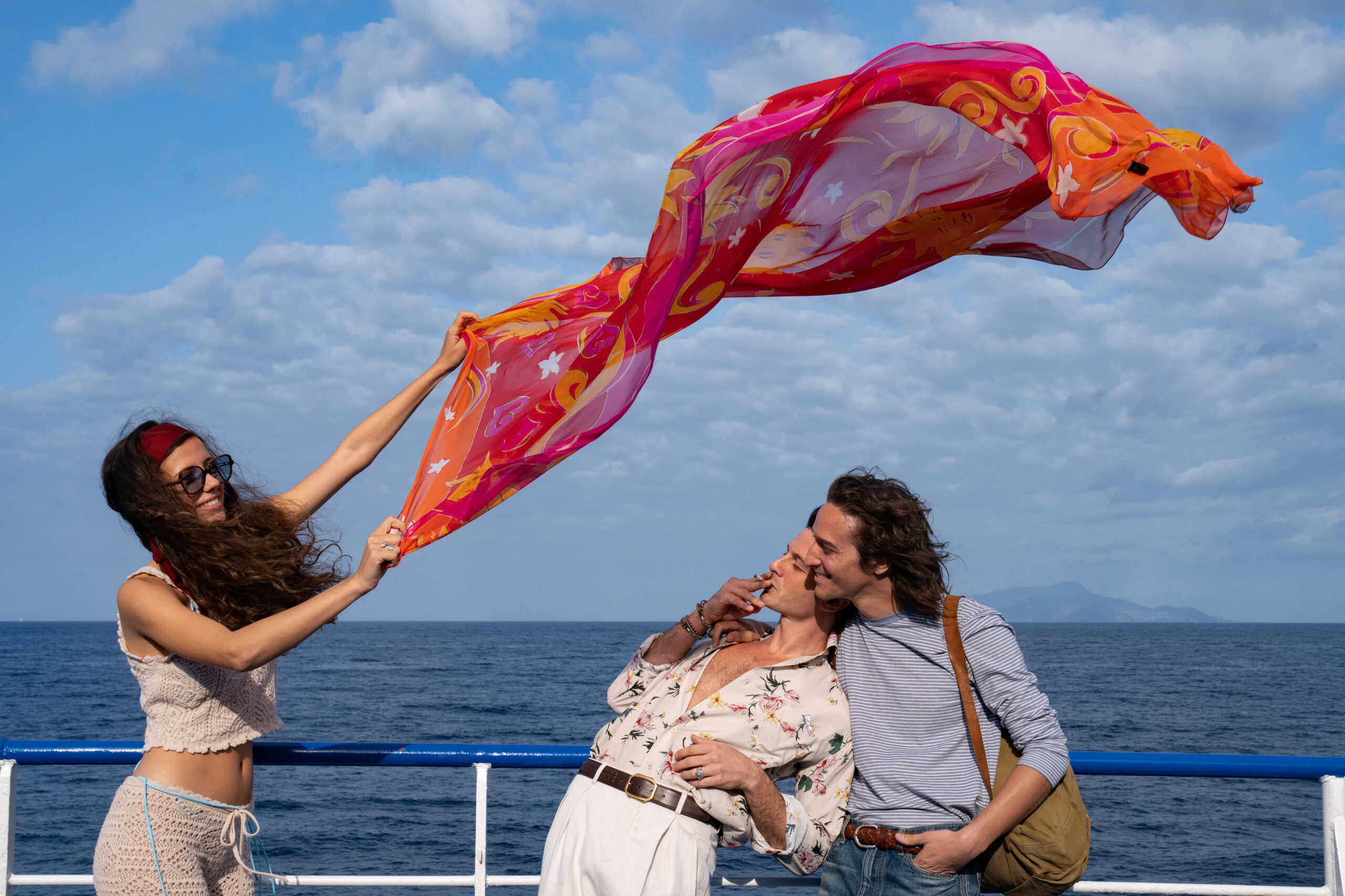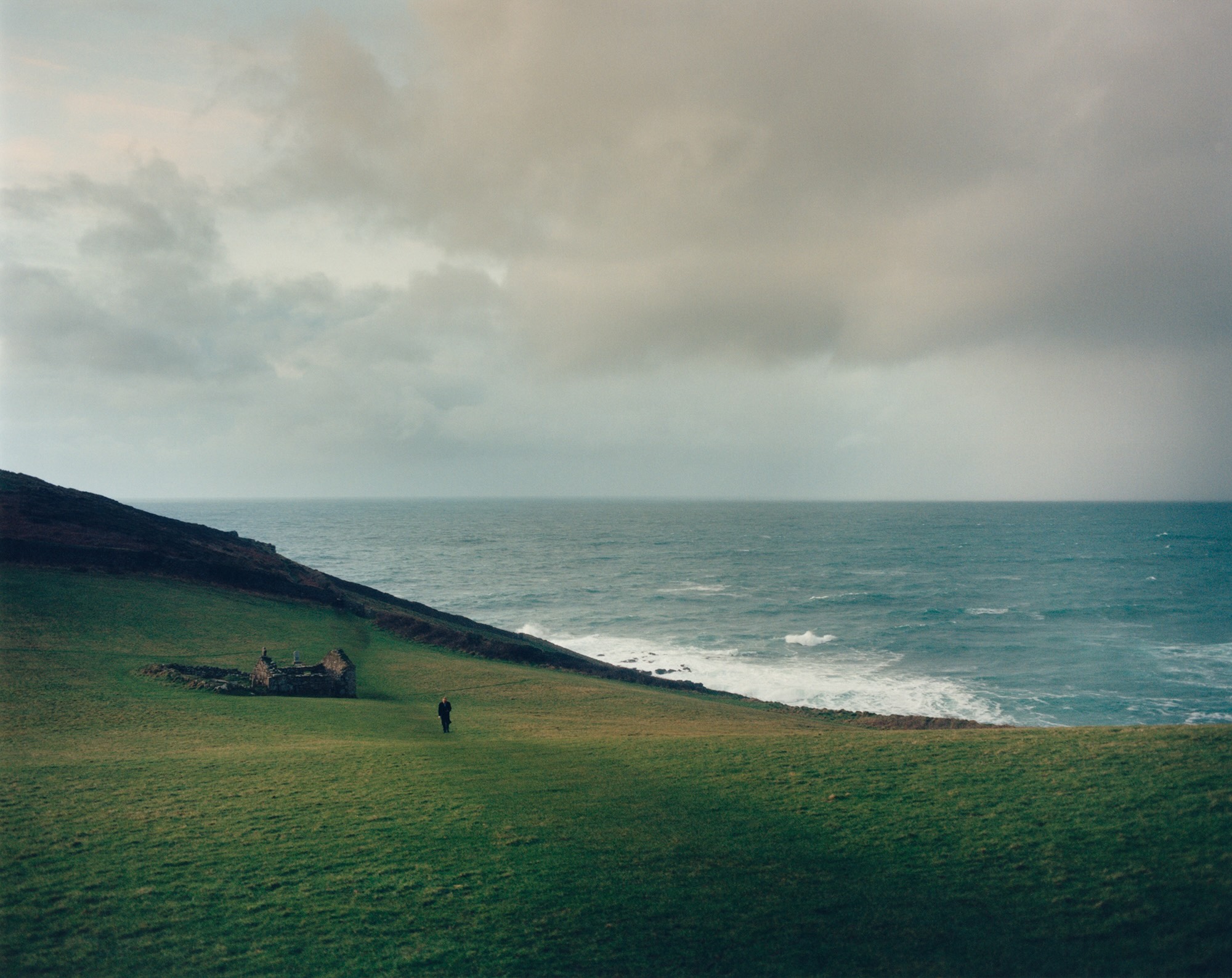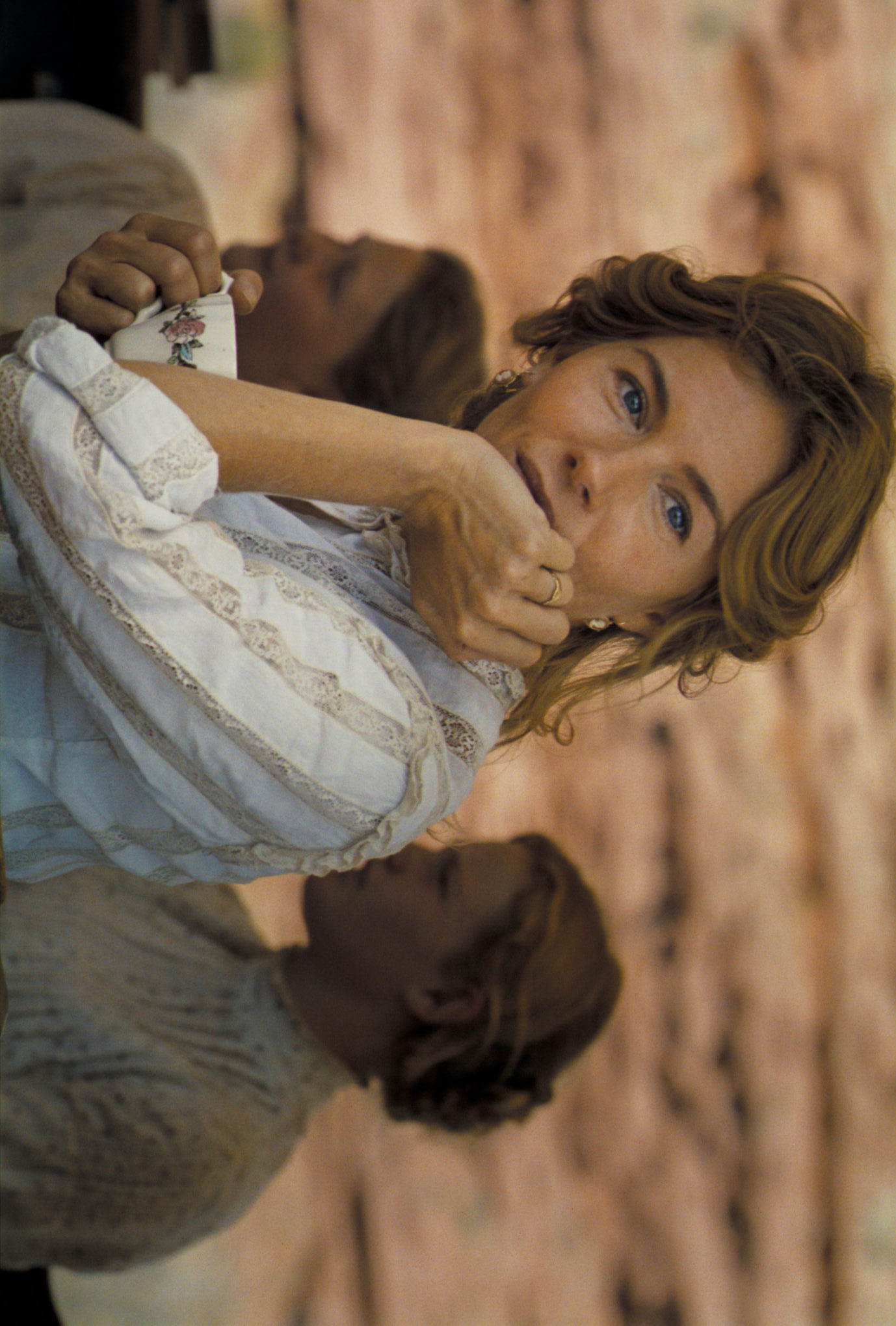The long journey of Parthenope‘s life, from her birth in 1950 till today. A feminine epic, devoid of heroism but brimming with an inexorable passion for freedom, for Naples, and for the faces of love—all those true, pointless, and unspeakable loves. The perfect Capri summer, the lightheartedness of youth. Which ends in ambush. And then all the others: the Neapolitans, men and women, observed and loved, disillusioned and vital, their waves of melancholy, their tragic ironies, and their dejected glances. Life, be it ordinary or memorable, knows how to be very long. The passing of time offers a vast repertoire of emotions. And there in the background, so close and so far, is Naples, whose story begins with the Cumaeans, a Greek people who settled in the area at the end of the 8th century BC. In this early phase, the city was known as Parthenope: according to legend, the name came from one of the sirens in Homer’s Odyssey, who, after failing to seduce Ulysses with her song, threw herself into the sea and drowned. Her body, carried by the waves, reached the island of Megaride. An ineffable city that bewitches, enchants, screams, laughs, and always knows how to hurt you. Written and directed by Paolo Sorrentino, Parthenope is a Fremantle film produced by Lorenzo Mieli for The Apartment Pictures, Anthony Vaccarello for Saint Laurent, Paolo Sorrentino for Numero 10, and Ardavan Safaee for Pathé.
“For me, Parthenope is, above all, a film about the sacred. About all the things that a woman has not been able to forget in her seventy-three years of life: the Bay of Naples and her parents, her first loves—one pure and bright, the other sordid and unspeakable—the perfect Capri summer, carefree with its salty dawns, still mornings, and balmy nights; the inexorable passing of time”.
Parthenope is a girl and the film is the story of her life. From the moment of her birth in 1950 to the present day. Passing through the cholera epidemic, then the protests of 1968, up to the earthquake. A piece of Naples’ history, including the ritual of the miracle of San Gennaro and the city team’s championship win, told while we follow this girl who has an almost morbid relationship with her brother and who is so beautiful that she heads straight for the world of cinema. Without forgetting love thanks to the encounter with John Cheever, an American writer who in his novels and stories managed to primarily tell about families, happy families with some friction, unhappy families, broken families. About men who go to work in the city and return to the suburbs in the evening, to towns that are a sequence of houses with swimming pools, with bored wives trying to fill the long hours of the day with cocktails and charity auctions. In all this there is Naples, with its exasperating vitality—marvels at every corner—and everyone always ready, as if perpetually waiting behind an invisible curtain, to take the stage and offer chaos, vulgarity, surprise, promiscuity, and everything else. Free and dangerous, it never judges. In the film, Naples is like Parthenope; its freedom is a constant, something it will never renounce. Even if it means embracing solitude. Because, often, solitude and freedom go hand in hand. Naples is the place where the story of our life seems, to adopt a perfect metaphor by Manganelli, like the underside of a carpet: we can intuit the design even if we can’t see it clearly. Do you love too much or too little? a demonic character disguised as a saint asks her at one point: according to Sorrentino, the question is addressed to all of us, and Parthenope doesn’t know what to answer. Neither do we: all the questions have already been asked, and all the answers have turned out to be ambiguous, evasive, contradictory. It is this lack of self-knowledge that makes us, in the eyes of others, a mystery.
“Our lives are never neat, never logical. It’s easy to lose our way in life’s vastness. We try to see our lives. To grasp its design, to make sense of it. But life doesn’t see us. Life is always elsewhere”.
